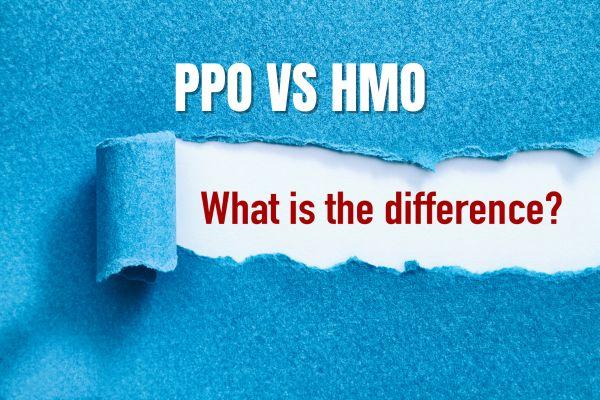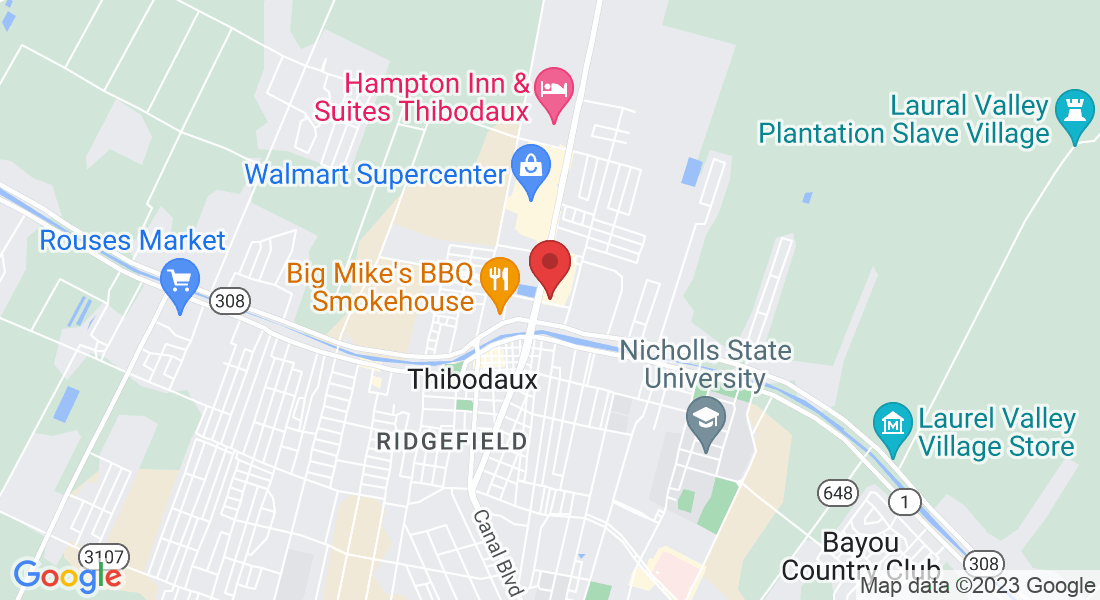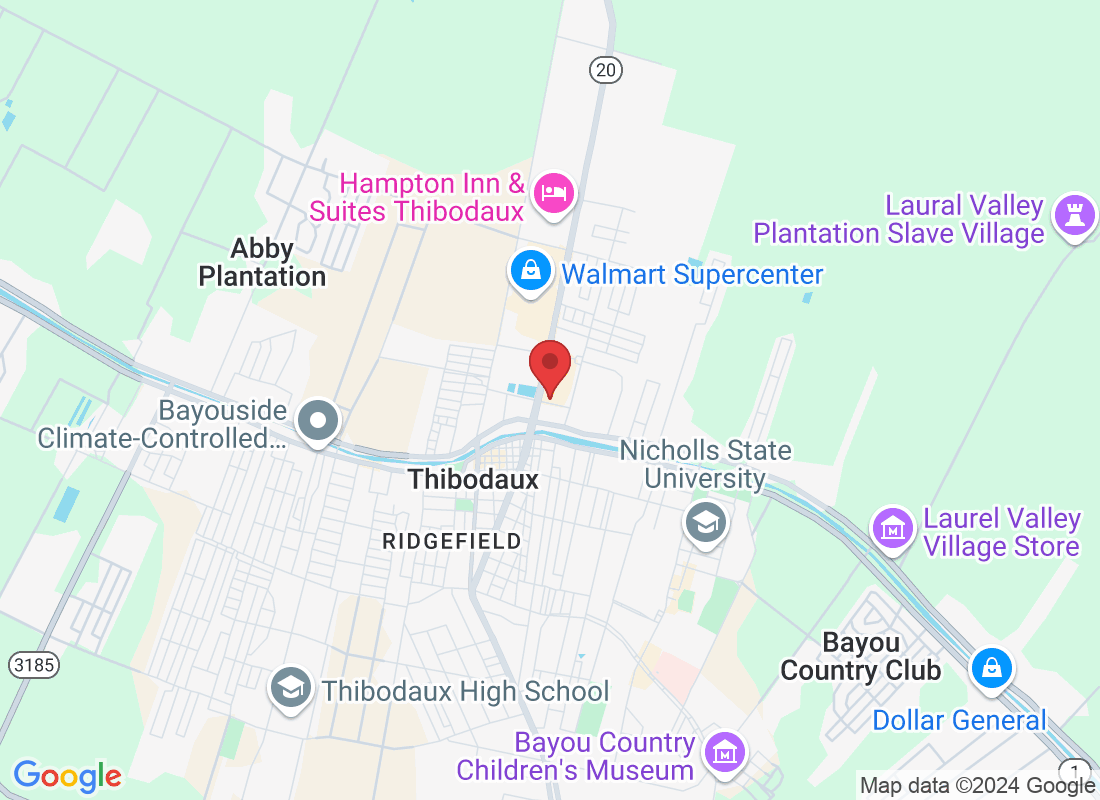Blog
Learn all you need to know about Louisiana Medicare Plans, Medigap, Medicare Supplement, and Medicare Advantage Plans.

HMO vs. PPO Plans: Understanding the Differences
What is the Difference Between a HMO and PPO Plan: Understanding the Differences
This article provides an overview of the differences between HMO and PPO plans, including network coverage, cost-sharing, and the role of primary care providers, to help individuals make an informed decision when choosing a health insurance plan.
Overview of HMO and PPO Plans
Health Maintenance Organization (HMO) plans and Preferred Provider Organization (PPO) plans represent two primary avenues through which individuals access health care services, each with its distinct approach to network coverage and cost-sharing. HMO plans are designed to offer cost-effective care by emphasizing preventive services and coordinating patient care through a primary care provider (PCP) within a specific network of healthcare providers. This model aims to keep out-of-pocket expenses low for members, often resulting in lower monthly premiums and deductibles compared to PPO plans. However, it requires members to adhere strictly to the network's providers to receive coverage for their medical services.
On the other hand, PPO plans provide members with more flexibility in choosing their healthcare providers. Unlike HMO plans, PPOs allow members to see specialists and access out-of-network care without referrals, thereby offering a broader choice of healthcare providers. This increased flexibility comes at a cost, with PPO plans typically featuring higher premiums and deductibles than their HMO counterparts. Despite these higher costs, the appeal of PPO plans lies in their extensive coverage options and the freedom to visit in-network and out-of-network providers.
Understanding HMO Plans
HMO plans are structured around a network of healthcare providers to deliver all health services to their members. A defining feature of HMO plans is the requirement for members to select a primary care physician (PCP), who serves as the gatekeeper for all medical services. This PCP is responsible for managing the overall healthcare of the member, including providing referrals to specialists within the network when necessary. For example, if an HMO member requires the services of a cardiologist, the member must first consult their PCP, who will then refer them to a cardiologist within the HMO network.
The emphasis on preventive care and the coordination of services through a PCP contribute to the overall cost-effectiveness of HMO plans. Members often enjoy lower monthly premiums and deductibles, although they may be required to make copayments for certain services. The trade-off for these lower costs is a restriction to the network's providers and facilities, limiting choices for members when seeking care.
Understanding PPO Plans
PPO plans stand out for their flexibility in provider choice and the ease of accessing specialized care. Members are not required to choose a PCP and can see specialists without referrals, an advantage for those who value autonomy in their healthcare decisions. For instance, a PPO member can directly make an appointment with an in-network or out-of-network dermatologist without needing approval from a PCP.
This freedom to receive care from any healthcare provider comes with higher premiums and deductibles, reflecting the broader network coverage and the cost of accommodating out-of-network care. PPO members may face higher out-of-pocket costs when choosing out-of-network providers, but they benefit from the plan's willingness to cover a portion of these expenses, offering a balance between flexibility and cost.
Comparing Costs and Coverage
When comparing HMO and PPO plans, the differences in costs and coverage become apparent. HMOs are generally more budget-friendly, with lower monthly premiums and out-of-pocket costs, appealing to individuals and families looking to manage healthcare expenses effectively. The requirement to use in-network providers and obtain referrals for specialist care helps HMOs maintain these lower costs.
Conversely, PPO plans cater to those who prioritize flexibility and access to a wider range of healthcare providers, including the option for out-of-network care. This flexibility is reflected in higher premiums and out-of-pocket costs, including copayments and coinsurance rates for services received outside the network.
The Role of Primary Care Providers and Referrals
The role of primary care providers in HMO plans is central to the model's effectiveness. Acting as gatekeepers, PCPs coordinate care, ensuring that members receive appropriate services and referrals to specialists within the network. This process promotes preventive health measures and helps manage costs by utilizing network resources efficiently.
In contrast, PPO plans remove the referral requirement, empowering members to manage their healthcare journey more independently. This lack of a gatekeeper can lead to more direct access to specialist care but may also result in higher costs due to the absence of coordinated care through a PCP.
Choosing Between HMO and PPO Plans
Deciding between an HMO and a PPO plan hinges on evaluating personal healthcare needs, budget constraints, and provider preferences. Individuals who prefer a more structured approach to healthcare, with coordinated services and lower costs, may find HMO plans more appealing. Those requiring frequent specialist care or who desire greater flexibility in choosing providers, despite higher costs, may lean towards PPO plans.
We're Here to Help
Bourgeois Insurance Agency, LLC specializes in helping individuals navigate the complexities of choosing the right health insurance plan, including HMO and PPO options. Their knowledgeable agents offer tailored guidance and free consultations to discuss the benefits and considerations of each plan type, ensuring clients make informed decisions that align with their healthcare needs and financial situations.
For expert advice on selecting the appropriate HMO or PPO plan, connect with Bourgeois Insurance at (985) 803-8999 or visit their website at https://bourgeoisinsurance.com.
Address
Office Address
311 N Canal Blvd Thibodaux, LA 70301
Email Address
Office Number
(985) 803-8999
Resources
Contact Us
Address:
311 N Canal Blvd Thibodaux, LA 70301
Plans are insured or covered by Medicare Advantage (HMO, PPO, and PFFS) organization with a Medicare contract and/or a Medicare-approved Part D sponsor. Enrollment in the plan depends on the plan’s contract renewal with Medicare. We do not offer every plan in your area. Please contact medicare.gov or 1-800-Medicare to get information on all your options.
Bourgeois Insurance Copyright 2023 --
All Rights Reserved --


